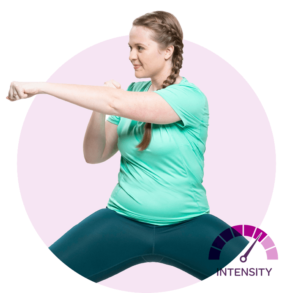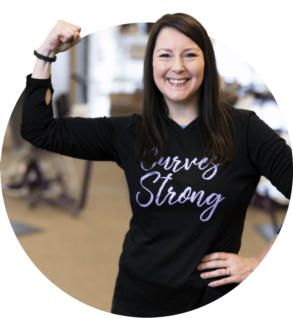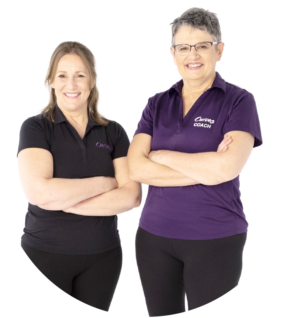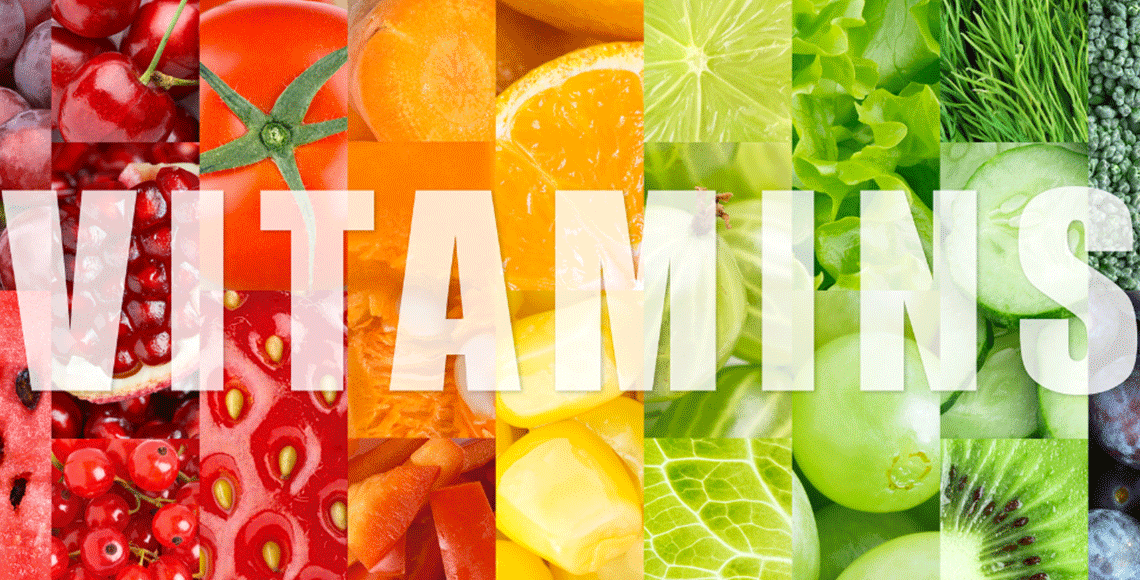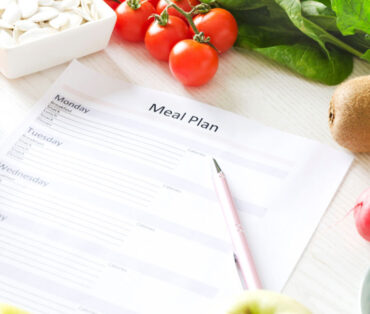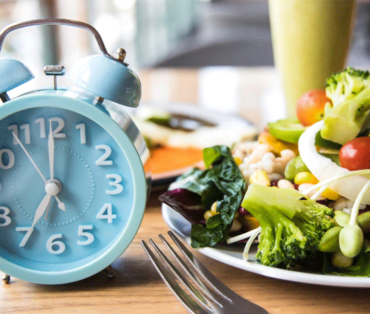If I Eat a Balanced Diet, What Vitamins Should I Take?
You eat all your fruits and vegetables, whole grains, and lean protein as part of a healthy eating plan. So, you may be wondering, do I need a multivitamin?
The short answer is, if you always eat a balanced diet, probably not. According to the United States Department of Health and Human Services Office on Women’s Health, most women do not need to take vitamin supplements. You can get the nutrients you need by eating healthful foods.1
There are some exceptions to this rule, however. Women who fit into certain categories should talk to their health care providers about the vitamin and mineral supplements they may need. These categories include:
Vegans and vegetarians. Because they don’t eat animal products, vegetarians and vegans tend to be low on vitamin B-12, which isn’t found in plants. Vegans may also be low in vitamin B-2 (riboflavin) and vitamin D.2
Pregnant women or women who may become pregnant. Women who are pregnant or who plan to become pregnant should be taking a folic acid supplement that contains at least 400 micrograms of folic acid per day.3
Postmenopausal women. Women who have gone through menopause should talk to their health care providers about taking a women’s multivitamin that contains calcium, vitamin B-12 and vitamin D. These vitamins and minerals, together with a full body workout that includes weight-bearing activity, help prevent osteoporosis in women who are past their childbearing years.4
Do I need a multivitamin?
If you don’t fit into one of the above groups but you’d still like to take a vitamin for women for added insurance on top of a balanced diet, you can. The reality is that not every woman eats a balanced diet every day. You may have a few days in a row now and then where you don’t meet your fruit and vegetable goals. There could be certain nutrients you are lacking; the most common nutrients women are low in are potassium, magnesium, calcium, iron, and vitamins A, D, E, and C. To cover yourself, taking a women’s multivitamin probably won’t hurt.5
Choosing a women’s multivitamin
The challenge, then, becomes choosing a women’s multivitamin. There are countless brands of vitamins for women out there. To find a good women’s multivitamin for you, first, talk to your health care provider. The best vitamin for women has 100 percent of the daily value (DV) for the essential vitamins and minerals. It should not have 100 percent of the DV for calcium, however, because this is too large of an amount of calcium to fit into a multivitamin. It should also contain the safer form of vitamin A, which is beta-carotene.6
To help build healthy eating and exercise habits for life, the best thing you can do is follow a weight loss program that includes both regular exercise and a weight loss eating plan. For it to become part of your lifestyle, the exercise and healthy eating must be sustainable.
The Curves Nutrition & Weight Management Program has been researched and developed by health and nutrition experts, and it includes balanced meal plans for each phase of your weight loss journey. As a Curves member, you’ll meet with a Curves Coach once a week in person or online to maximize the benefits of the program. Your Curves Coach can give you exercise tips and help you follow a healthy, balanced diet, so you may not need nutritional supplements or a daily women’s multivitamin. After all, the best way to get nutrients is the way nature intended, from foods.
Sources:
- Vitamins and minerals for women | Office on Women’s Health (womenshealth.gov)
- Vitamins and minerals for women | Office on Women’s Health (womenshealth.gov)
- Vitamins and minerals for women | Office on Women’s Health (womenshealth.gov)
- Vitamins and minerals for women | Office on Women’s Health (womenshealth.gov)
- How to Choose A Multivitamin | Prevention
- How to Choose A Multivitamin | Prevention


